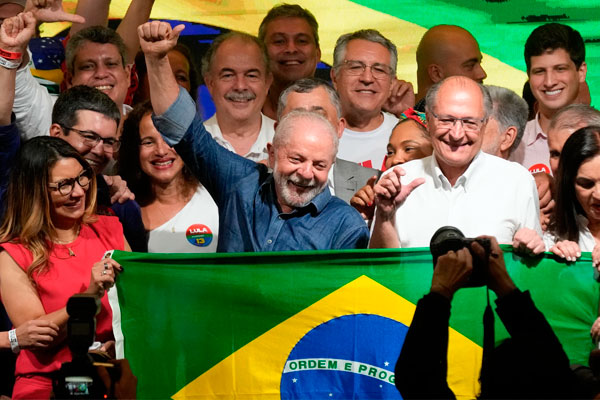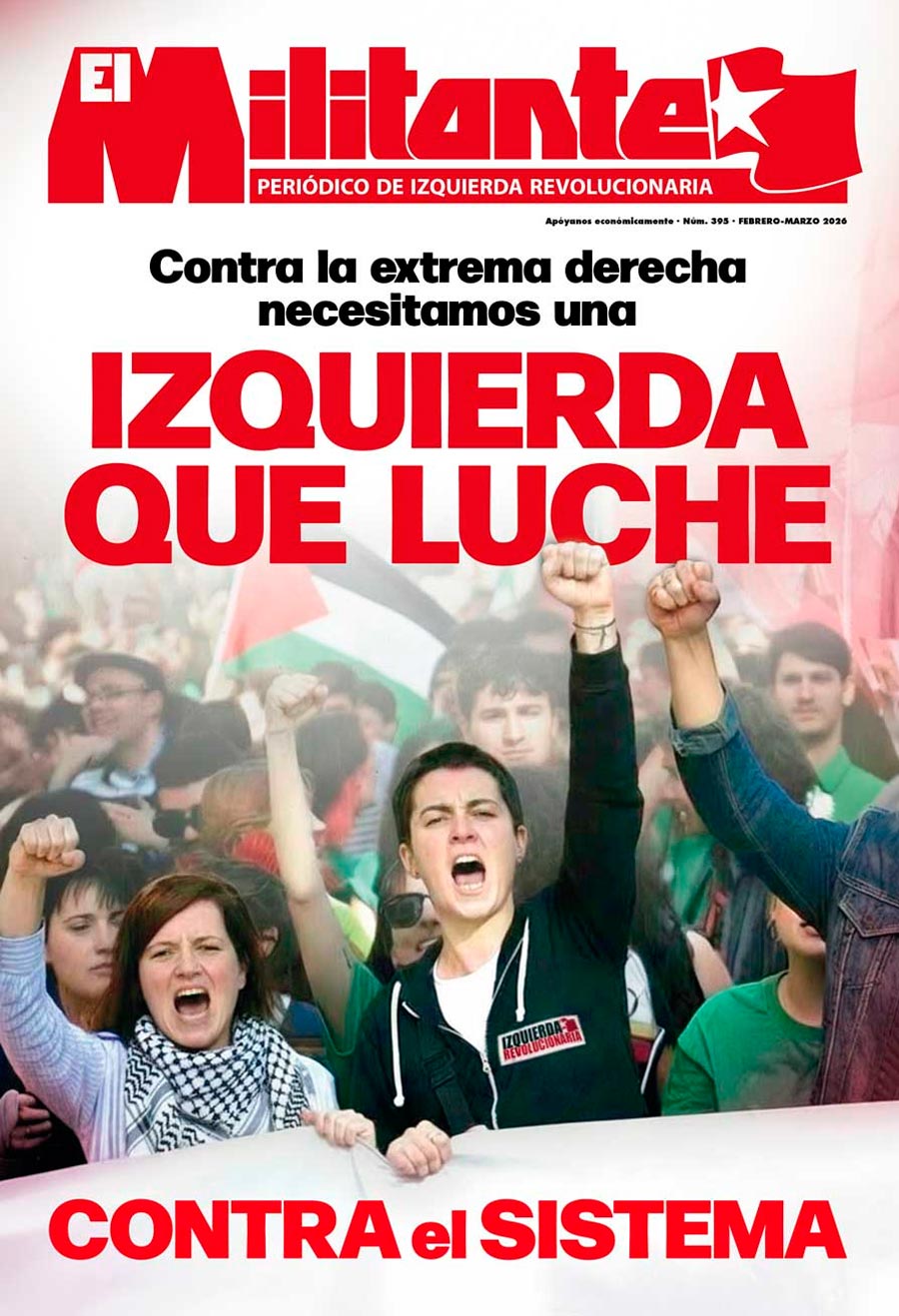What politics should the revolutionary left stand for?
On the 30th of October Lula won the second round of Brazil’s presidential elections with 60 345 999, or 50.90%, of votes, against the 58 206 354 (49.10%) of votes garnered by the far-right Jair Bolsonaro. The defeat of this with supremacist, religious fanatic, misogynist and homophobic fascist was received with relief by millions of left activists, as it is natural. Nevertheless, it would be a big mistake to underestimate that Lula’s victory has been by the smallest margin on all of Brazil’s electoral history, triggering the most serious of alarms.
Worker’s Party (PT) and Lula’s right turn allows Bolsonaro to keep mass support
Lula and the Worker’s Party leadership, as well as a significant part of the international reformist left- echoed by the media- talk about an “historic victory.” According to their analysis, this triumph is due to their “wise” strategy of agreements with right and centre-right parties, and to the commitments reached with the so-called democratic sectors of the bourgeoisie. This is both a shallow and misled analysis of the Brazilian situation.
To seriously face a danger as the one Bolsonaro represents, a honest, critical and serious taking of stock is necessary. To explain the errors made and to understand why, after 4 years of cuts and attacks to the democratic and social rights; a criminal management of the pandemic; brutal deforestation of the Amazon; and the impoverishment of mass layers of the population; this fascist criminal still garners mass support. Only through this can we build a coherent antifascist alternative, capable of bringing to heel and swipe away all these political rubbish.
Lula’s words, especially during the second round, have not stopped get closer to the right. Presenting himself as the champion of capitalist stability, playing at being more religious than Bolsonaro and even opposing abortion, this rhetorical voyage as only served him to lose the 20 points of advantage he started his candidacy and to go, in one month, from the 5% lead he achieved in the first round to a pyrrhic 1.8% difference in the final results.
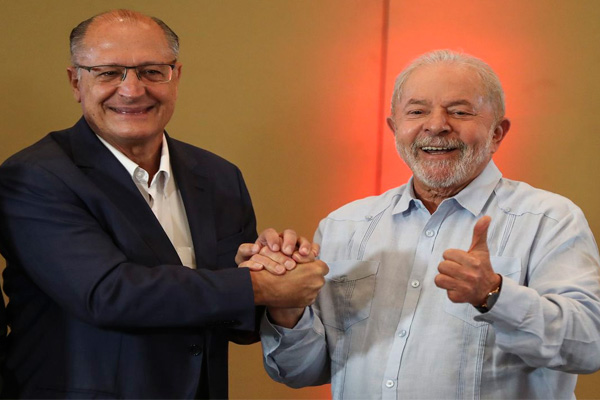
Meanwhile, the far-right leader has surpassed his erstwhile biggest vote, earned during 2018’s second round, by 408 507 votes. This allows Bolsonaro to keep his mass social base and, with the support of key sectors of the bourgeoisie and the army, gives him a strength that he will not hesitate to use to go back to the government as soon as possible, as his refusal to concede defeat shows.
The only thing averting this disaster is the instinct of millions of oppressed people. The 69% support obtained by Lula in the most impoverished regions from the northeast, with more than 10 million votes over Boslonaro, is equally decisive. Adding to that, his victory in the city of S Paulo, especially in the poorest neighborhoods.
Thirteen million people that did not vote, voted blank or spoiled the ballot in 2018- outraged by PT’s successive corruption scandals, privatisations and neoliberal measures- have voted now, not because but in spite of Lula’s intentions to continue in the same lines as all previous capitalist governments. The have voted to topple Bolsonaro.
What feeds bolsonarism and how to fight it?
At the same time as conceding to the right wing, Lula has insisted throughout the campaign in presenting the previous PT governments as an idyllic picture, to be re-enacted by his victory. But these rhetoric collides head-first with the experience of millions of people.
Following the same policy of agreements with the right which they have repeated during the election campaign, Lula and PT have enacted privatisations, labour counter reforms and other neoliberal measures, increasing capitalist profits and inequality, as well as strengthening the militarisation of the repressive apparatus and the power of the police force. When, in 2014, the effects of the world crisis reached a boiling point in Brazil, with millions of redundancies in a few months and the ruin of wide layers of the middle class, a deep feeling of rage against PT suddenly emerged. The corruption scandals which mired ministers and staff in the upper echelons of PT contributed to fan this anger.
In 2018 Bolsonaro took advantage of this mood to, in a cynical and demagogic manner, garner mass support from the middle layers ruined by the crisis, and the most backward and demoralised sections of the unemployed and the working class. But, in spite of his apparent strength, Bolsonaro’s government faced a strong backlash. Already in April 2019 he could boast of the worst popularity index of any brazilian government since the dictatorship (in the homologous period).
Only 32% of people supported his presidency and even layers of the middle class that voted for him were questioning his government.
2019’s successful general strike and other mass mobilisations put Bolsonaro on the ropes. But there was not follow-up after the strike, with the leaders of PT and the CUT, the Unified Workers Central (the big congress of different labour unions), intent on compromising and providing a safety valve to Bolsonaro. These leaders of the capitalist left were afraid that the mass movement would overtake them and turn the core of the fight to topple Bolsonaro to a mass movement in the streets, outside parliament and therefore outside their control.
Bolsonaro’s management of the pandemic crisis, which resulted in around 700 000 deaths, increased the popular discontent with his government. And, before the situation would turn into a revolutionary crisis as the ones seen in Chile and Colombia in the same period, a layer of the bourgeoisie, as well as the united states imperialism, pressed for the freeing of Lula so he could channel the discontent back into electoral terrain. It meant to take the people off the streets, neutralise the mass struggle and redirect the process to the electoral arena, in the name of capitalist stability
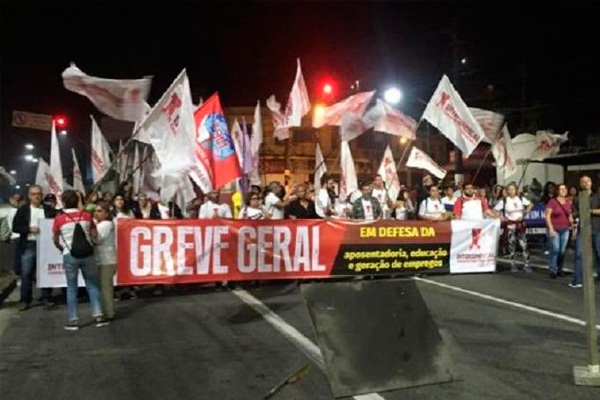
When Lula announced his probable running for president, polls gave him more than 20 points of advantage over Bolsonaro. But the first thing he did was to disown the “Bolsonaro out” slogan and issue a call to demobilise, postponing everything until his electoral victory and his pacts with the “moderate right”. A sector of the bourgeoisie, with leaders like Fernando Henrique Cardoso and Geraldo Alckmin- who has ties with Opus Dei and will be Lula’s vicepresident -decided to support him, annulling the charges of corruption they used to imprison him and take him out of the 2018 presidential race.
This sector, which was afraid that Bolsonaro’s policies would lead to a social uprising, are now betting on Lula and PT to do their dirty work again, following their orders to manage the crisis of capitalism to their benefit and then getting rid of them once again, as they did in 2016. In the current context of world crisis, this strategy will have even worse consequences to the masses and these will be take much less time to make themselves clear than last time.
Fascism can only be defeated by revolutionary politics
The current elections show that bolsonarismo is not a passing phenomenon, as the reformists want us to believe. A sector of the ruling class understands that a great clash with the working-class is unavoidable and trusts on this fascist to prepare for it.
Bolsonaro has used the militarisation of the “favelas”-started by PT- with the excuse of a pretend struggle against crime and insecurity, and the concessions to the most reactionary parts of the Catholic church and the evangelical churches- also done by Lula- to consolidate a mass base within millions of small businessowners and shopkeepers, and also desperate and politically backwards unemployed people and workers.
He has also taken advantage of the strong development of the farming and mining industry due to the deforestation of the Amazon and the stealing of its natural resources to shore up his support. Some of his best results come from cities and regions which depend on these industries.
Something that makes clear the real danger that Bolsonarismo represents is the growing and spread of the militias, composed by police officers and mobsters in order to control neighbourhoods and be used as a squadron against the left. Since Bolsonaro’s is in power, firearms licenses have grown by 500% (with more than 600 000 people owning a gun) and legally owned guns have doubled, from 1.3 to 2.7 million. Many of these have gone to the urban fascist gangs and paramilitary groups organised by landowners and the rural bourgeoisie to stalk and murder rural activists, workers and environmental defenders.
Bolsonaro firmly looks for support amongst the military, gradually increasing their power. There are, at present, more then 6000 military officers leading state companies and institutions. Adding to that, he sings praise to the bloody military dictatorship of 1964-1968, feeding the pride of a military caste that was never purged and the nostalgia of the middle class and petty bourgeoisie reactionary layers, which have seen their profits soar during that time due to the repression suffered by the trade unions, the international economic development and the industrialisation of the country experienced during those years.
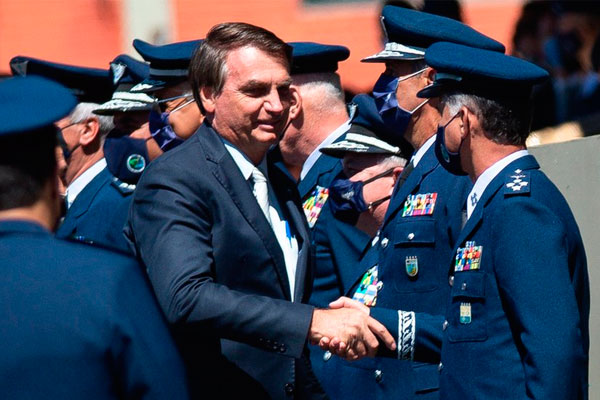
Adding to that, he has used the rebound of Brazilian economy in 2021 and took public debt to develop patronage policies which allow him to keep his electoral basis in the most impoverished sectors, such as the plan Brazil Support (Auxilio Brasil), which copies, even in its amount, a similar plan by Lula.
World events and the rise of the right-wing in Brazil, US, Italy, Germany, amongst other places, shows that fascism can only be defeated with revolutionary politics. That was the lesson from the 30’s and it is showing itself to be the lesson again. The sudden and acute turns to the left and right of the middle layers are a symptom of capitalism’s decay and decomposition. The only way of creating an opening that tears the most impoverished layers of the middle class, and the most demoralised and politically backward sectors of the working class, away from far-right influence is with a revolutionary programme that is capable of solving their problems. A revolutionary programme that has the strength and decisiveness to go into the endgame in the fight against capitalism. But Lula, and the PT leadership, have renounced that path decades ago, and are completely engulfed by the capitalism system and state.
Building a revolutionary left with a socialist programme
The 2019 general strike and the mass demonstrations against Bolsonaro show us the path to topple him and where the strength to do it lies. Millions of feminist and LGBTQ activists, combative unions, social movements, environmental organisations, antiracist collectives and groups in defense of the rights of the black, mixed heritage and indigenous population took, and are taking to, the streets.
When Lula and PT waved the policies of demobilisation, the key was to raise a coherent left alternative, to stand firm for a programme of energic mobilisations and a socialist programme based in the independence of the working-class. But the leaders of PSOL refused to follow revolutionary politics, tailing behind PT and succumbing to the same pro capitalist and class collaborationist ideas.
To avoid a defeat in Brazil, the most populous and industrially developed country in Latin America, a defeat that would carry dramatic consequences for the whole continent, we have to totally break with those useless policies and raise a revolutionary left that can organise the struggle in the streets against Bolsonarismo and the austerity attacks and policies demanded by the whole of the bourgeoisie. We need to call for the organisation of action and self defense committees in the neighbourhoods, schools, workplaces and to seek their spreading and unification.
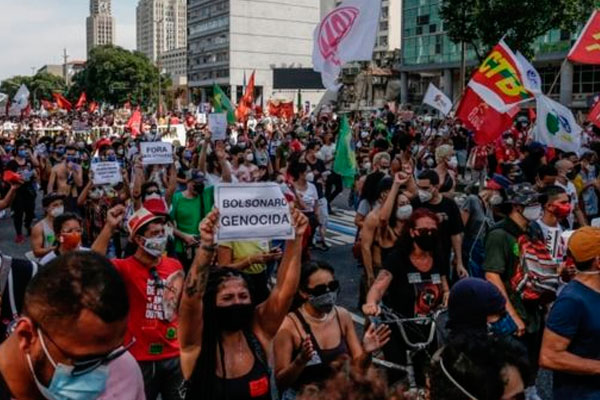
This plan of struggle needs walk hand in hand with a socialist programme that fights for the nationalisation of the banks, land and the big companies. A nationalisation under workers’ control, to democratically plan the economy, ending all the scourges suffered by the oppressed. This programme would unite all labour, social, democratic, feminist and LGBTQ, environmental, anti-racism and anti-opression demands, winning over millions of young people and workers that for now, absent a mass revolutionary alternative, are still under the influence of the social democratic leaders of PT.
This is the alternative that needs to be raised and defended by all revolutionary communists to combat all the Bolsonaros in the world.






